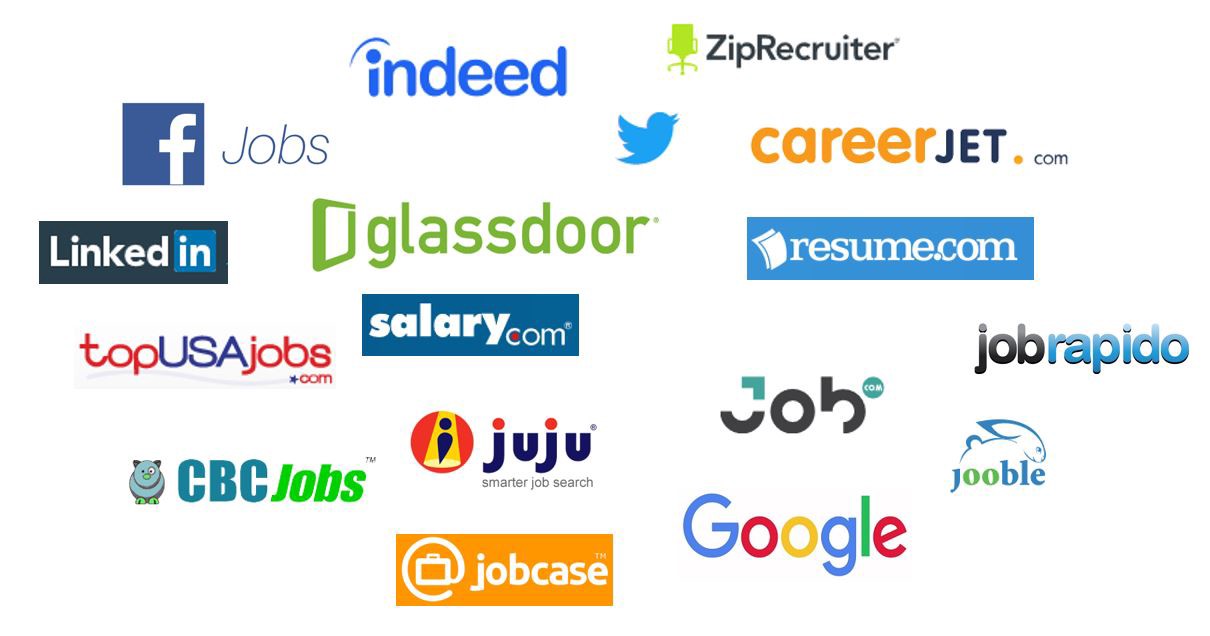Anúncios
Depending on your personality traits and soft skills, you may thrive more in one work environment than another
How well your soft skills match your workplace could determine whether your work environment energizes you – or leaves you feeling uninspired and drained.
Perhaps you’re a natural-born leader. Or maybe you’re a problem-solver who thrives in challenging situations. While these skills are invaluable in specific work environments, they may not be appreciated everywhere. So, how do you figure out which environment is best suited to your unique set of soft skills?
What Are Soft Skills?
Soft skills refer to interpersonal attributes, distinct from technical abilities or professional knowledge, that influence how effectively you work or interact with others. And while technical skills like computer programming may not be transferable across different industries and roles, your soft skills typically are.
Plus, as artificial intelligence gradually replaces technical tasks, these “human” skills will only become more valuable since they can’t fully be replicated by machines.
According to 2022 LinkedIn data, 45% of all LinkedIn Premium jobs mentioned the importance of soft skills such as effective communication. And while hard skills can capture a recruiter’s attention, soft skills often land you the job.
Soft skills are essential for clearly articulating complex ideas in technical jobs, says Tom Zauli, senior vice president and general manager of Softrax, a provider of advanced revenue management software solutions.
“For example, every one of our (information technology) projects concludes with a deliverable, like a presentation. Without proper communication skills, the intended information can get lost or misconstrued,” he says.
Besides communication skills, some of the most valuable soft skills in the workplace include:
- Critical thinking.
- Teamwork.
- Cultural awareness.
- Work ethic.
- Creativity.
- Emotional intelligence.
- Time management.
- Attention to detail.
- Adaptability.
- Leadership.



